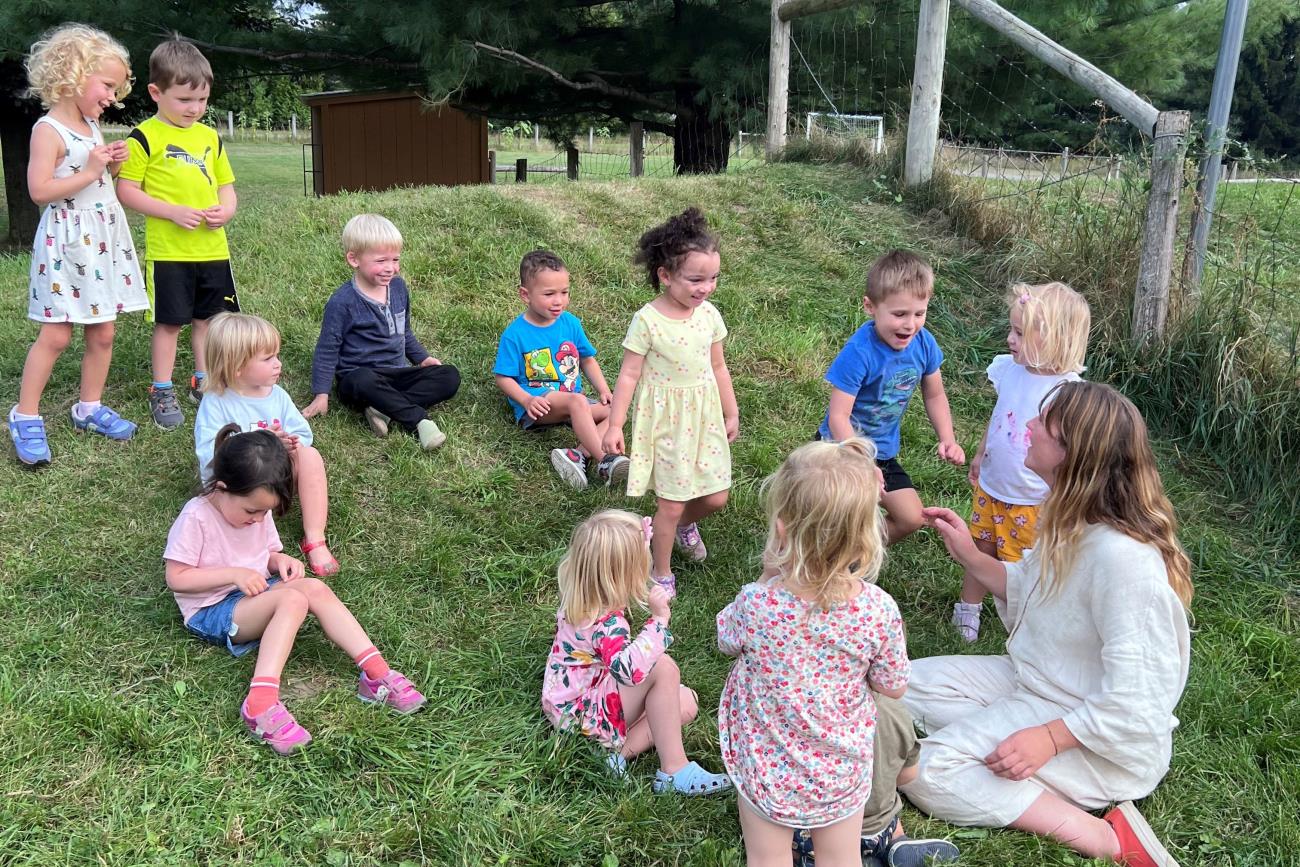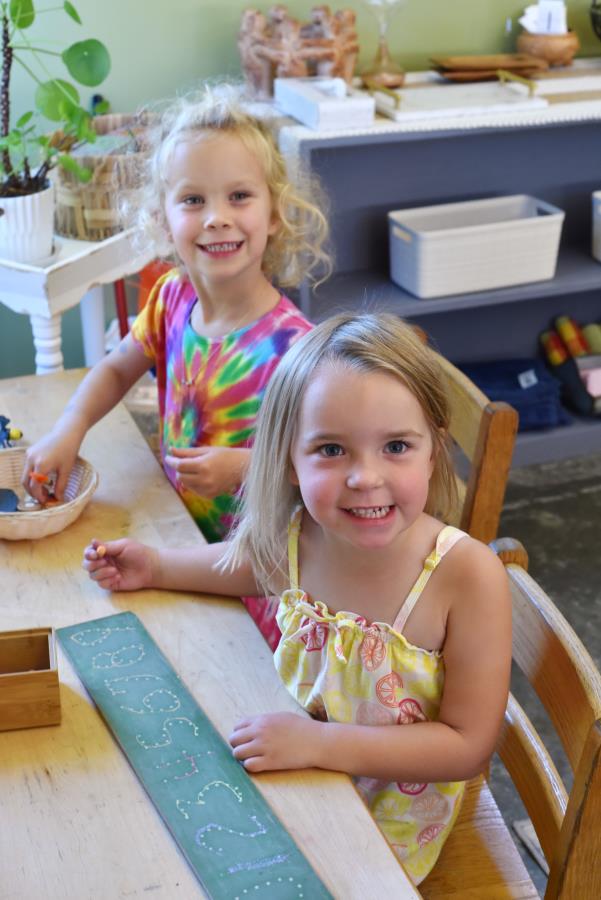One of the wonderful things about sending your children to school is that they get to experience a whole world outside of their lives at home. They are experiencing what it’s like to be a part of their school’s community, make friends, connect with the adults, and change and grow as individuals. As parents, we understand the importance of our children having these experiences on their own, but we also want to know about what goes on during their time away from us.
Some parents struggle to get a response from their children when they ask questions like, “How was your day?” It's helpful to have a guide on how to engage with your children so that they feel comfortable opening up and sharing the good (and not-so-good) details about their day at school.
Picking the right moment: Consider your child’s mood and if it is a good time to ask your questions. Give them time to relax. Try not to bombard your child with questions right away after school. Start by just saying, “I am so happy to see you!”
Lower your expectations: Remember that the school day is long and your child is in close quarters with many individuals throughout the day. This can be challenging and exhausting to navigate these relationships and interactions with others.
Celebrating accomplishments: Asking your child when they felt proud of themselves in the day allows your child to focus on their accomplishments and not to focus solely on pleasing others. This fosters a strong sense of self-esteem, intrinsic motivation, and resilience, allowing them to develop a healthy identity based on their achievements rather than external validation.
Hold off on friendship questions: As parents we want our children to feel included and have friends. However, sometimes questions like “Who did you play with today?” or “Who are your friends?” can put pressure on your child that this is important to you and it may not be important to your child or might not be a developmentally appropriate question for their age. Developmentally, children before the age of four, do not feel the need for “friends.” They may prefer to work or play independently. As we all know, social interaction is a basic human need. It is as important as food, water, and shelter when it comes to laying the foundation for the ability to thrive and survive. Rest assured, these needs are being met throughout your child’s day. Friendships may not be a crucial part of this right now. Also, neuro-divergent children may not presently have the skills to develop these relationships. As parents, it is important to meet our children where they are. Unless they voice these needs or concerns around friendships, try to refrain from asking these direct questions.
Many of the questions below may spark this desire for your child to share their social interactions with others.
Ask open-ended questions: Avoid questions that can be answered with a “yes" or “no.” Instead, ask questions that invite more than a one-word answer. Here are some examples of questions you could ask:
“What was the best part of your day?”
“What made you laugh today?”
“What made you happy today?”
“Did anything feel hard today?”
“Did anybody have a hard time today?”
“What was something new you tried today?”
“Did you have any challenges or tough moments today?”
“Did your teacher say anything funny today?”
“What are you looking forward to at school tomorrow?”
Check Your Teacher’s Classroom Highlights: Your child’s guide will be sending you monthly updates on the activities in their classroom. This is a great way to be informed about the classroom and gives you questions to ask your child about school. Please, look for them in your email and on the Classroom Pages.


